What Are the Limitations of WhatsApp Bulk Messaging
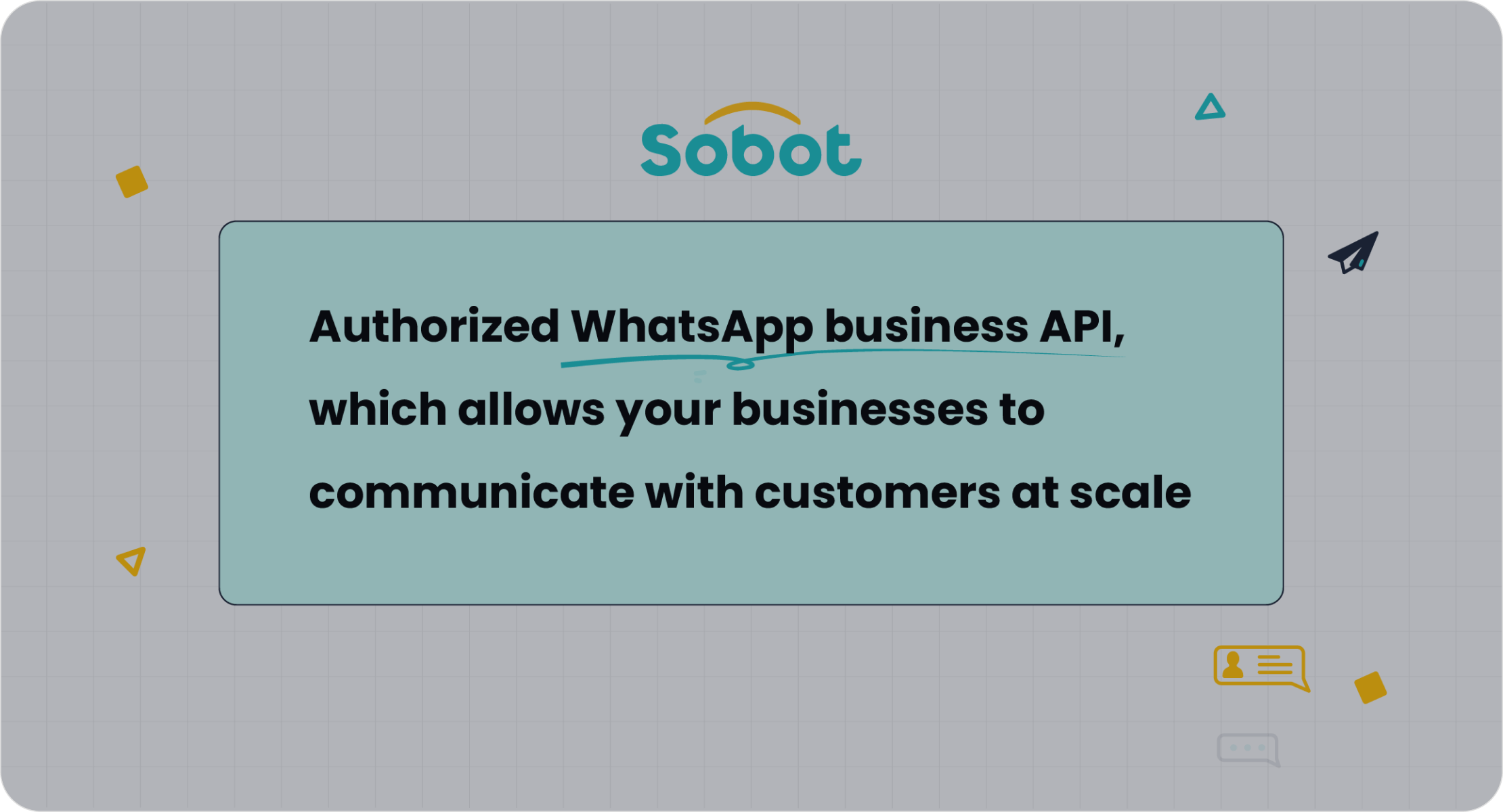
WhatsApp connects over 2 billion users globally, making it a vital platform for businesses to engage with their audience. However, when it comes to WhatsApp bulk messaging, you might face certain limitations that can hinder your efforts. For instance, strict limits on the number of recipients and compliance requirements can make scaling your campaigns challenging. To overcome these hurdles, tools like Sobot’s WhatsApp Business API offer solutions that enhance bulk messaging while ensuring compliance. By leveraging such tools, you can optimize your communication strategies and maintain meaningful connections with your audience.
Bulk Messaging Limits on WhatsApp
When using WhatsApp for bulk messaging, you’ll encounter specific restrictions that can affect how you communicate with your audience. These limitations are designed to maintain the platform’s integrity and prevent misuse. Let’s explore the key factors that define WhatsApp’s bulk messaging limits.
Account-Based Restrictions
Differences between Free and Business API Accounts
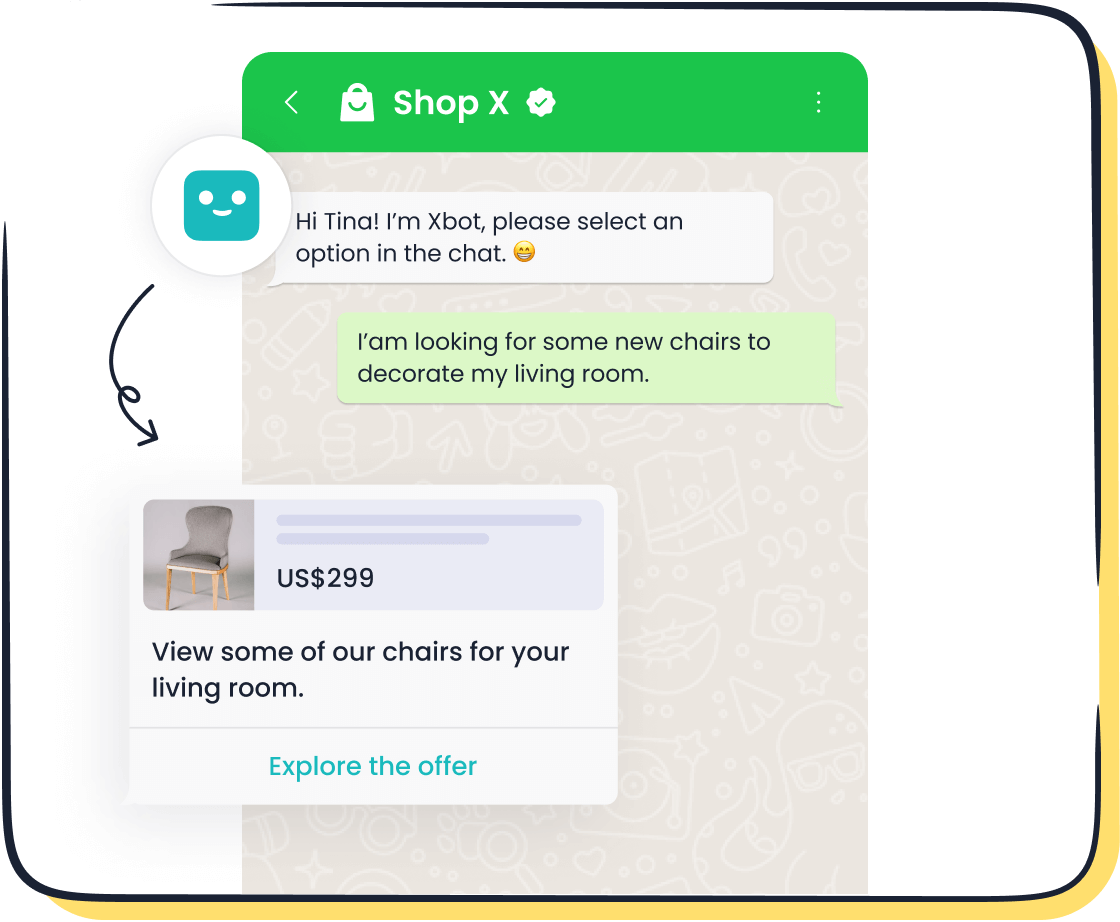
WhatsApp offers two types of accounts: free accounts and WhatsApp Business API accounts. Free accounts are ideal for small-scale communication but come with significant restrictions. For instance, you can only send messages to users who have saved your number, and the number of recipients per broadcast is capped at 256. On the other hand, business accounts using the API provide advanced features like bulk messaging, automation, and integration with CRM systems. These accounts are better suited for businesses aiming to scale their communication efforts.
Tiered Messaging Limits for Business API Users
If you’re using the WhatsApp Business API, your messaging capacity depends on a tiered system. Initially, new accounts can send up to 1,000 messages per day to unique recipients. As your account gains trust through consistent activity and high-quality interactions, WhatsApp increases your messaging limit. This tiered approach ensures that businesses maintain responsible messaging practices while gradually expanding their reach.
Quality Ratings and Their Impact
How Quality Ratings Influence Messaging Capacity
WhatsApp assigns a quality rating to every business account based on user feedback and engagement. A high-quality rating allows you to maintain or even increase your messaging limit. However, if users frequently report your messages as spam or block your account, your quality rating will drop. This can lead to restricted access to bulk messaging features.
Maintaining High-Quality Ratings to Avoid Restrictions
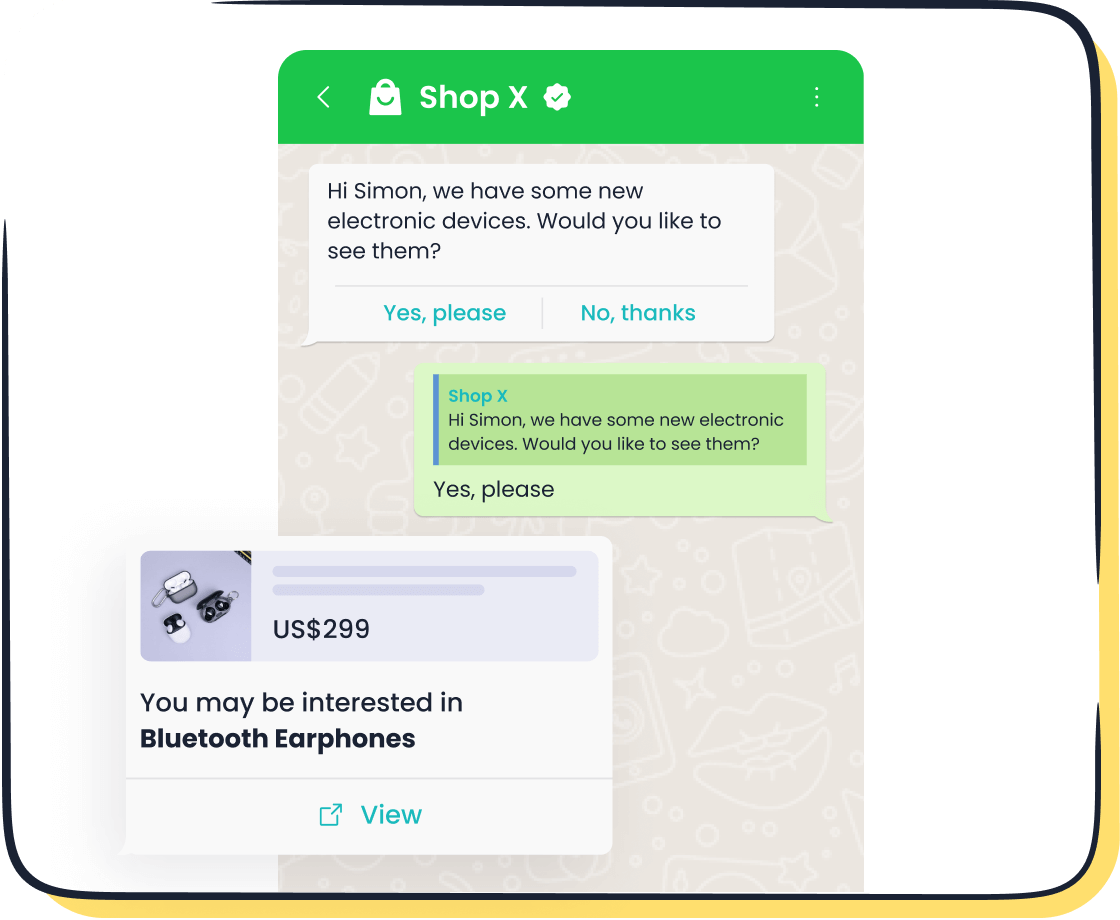
To keep your quality rating high, focus on sending relevant and engaging messages. Always obtain explicit consent from your recipients before initiating conversations. Tools like Sobot’s WhatsApp Business API can help you personalize messages and analyze user behavior, ensuring your campaigns remain effective and compliant.
Daily and Hourly Message Caps
Maximum Messages Allowed Per Day and Hour
WhatsApp enforces strict caps on the number of messages you can send within a day or an hour. For instance, new business accounts may start with a daily limit of 250 messages. As your account matures and maintains a good quality rating, this cap can increase to thousands of messages per day. These limits ensure that businesses don’t overwhelm users with excessive communication.
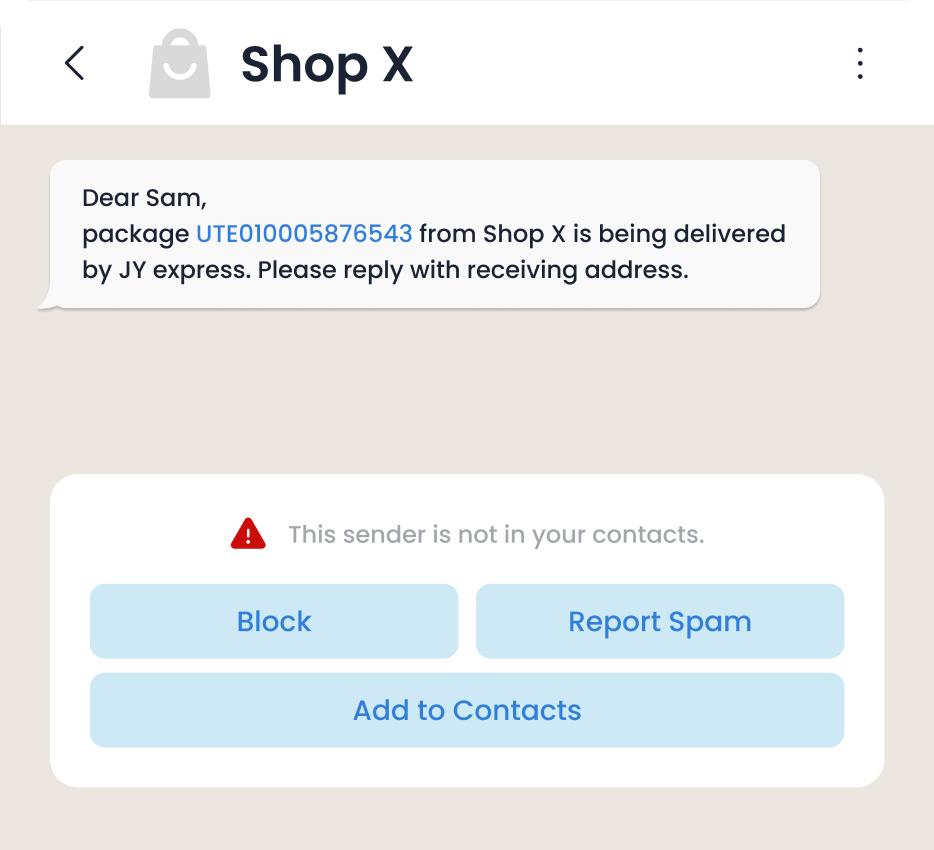
Regional Variations in Message Caps
Message frequency and caps can vary depending on the region. Some countries impose stricter regulations on bulk messaging to protect users from spam. If your business operates internationally, you’ll need to adapt your strategy to comply with these regional differences. Using a robust tool like Sobot’s WhatsApp Business API simplifies this process by automating compliance checks and optimizing your messaging schedule.
By understanding these bulk messaging limits, you can navigate WhatsApp’s restrictions effectively. Leveraging tools like Sobot’s API not only helps you overcome these challenges but also ensures your campaigns remain impactful and compliant.
Compliance Requirements and Recipient Consent
When it comes to WhatsApp bulk messaging, compliance isn’t just a recommendation—it’s a necessity. WhatsApp has strict policies to ensure that businesses respect user privacy and maintain the platform's integrity. Ignoring these rules can lead to serious consequences, including account bans. Let’s break down what you need to know about compliance and how to stay on the right side of WhatsApp’s policies.
Importance of Obtaining Recipient Consent
What Constitutes Valid Consent Under WhatsApp Policies
Before sending messages, you must secure recipient consent. This means users should explicitly agree to receive your communications. Consent can be obtained through opt-in methods like sign-up forms, website checkboxes, or in-app prompts. WhatsApp’s opt-in requirement ensures that users willingly engage with your business, reducing the risk of complaints or spam reports. For example, if a customer provides their phone number during a purchase and agrees to receive updates, this qualifies as valid consent.
Risks of Sending Messages Without Explicit Consent
Sending messages without consent can trigger spam detection mechanisms. WhatsApp actively monitors for unsolicited messages, and violations can result in flagged accounts or even permanent bans. Imagine investing time and resources into a campaign, only to have your account suspended. Avoid this by ensuring all your recipients are opt-in recipients. Tools like Sobot’s WhatsApp Business API simplify this process by helping you manage and track consent efficiently.
Adhering to WhatsApp's Business Policy
Prohibited Content and Practices
WhatsApp prohibits certain types of content, including illegal, misleading, or harmful material. Businesses must also avoid practices like sending bulk messages to users who haven’t opted in. Violating these rules not only damages your reputation but also risks losing access to WhatsApp’s services. Always review WhatsApp’s Business Policy to ensure your campaigns align with their guidelines.
Consequences of Non-Compliance, Including Account Suspension
Non-compliance can lead to severe penalties. WhatsApp may restrict your messaging limits, suspend your account, or revoke access to the WhatsApp Business API. For instance, if your messages frequently get reported as spam, your account could face an immediate suspension. Staying compliant protects your business and ensures uninterrupted communication with your audience.
Avoiding Spam Flags and Account Bans
Common Reasons for Accounts Being Flagged
Accounts often get flagged for sending unsolicited messages, using misleading content, or exceeding approved messaging limits. Even minor infractions can raise red flags. For example, sending promotional messages to users who haven’t saved your number can result in spam reports. WhatsApp’s spam detection system is designed to protect users, so always follow best practices.
Steps to Recover a Flagged or Banned Account
If your account gets flagged, act quickly. First, identify the issue by reviewing WhatsApp’s feedback or error messages. Next, adjust your messaging practices to align with their policies. If your account is banned, you’ll need to go through an approval process to regain access. Using a reliable tool like Sobot’s WhatsApp Business API can help you avoid these pitfalls by automating compliance checks and ensuring your campaigns meet WhatsApp’s standards.
By understanding and adhering to these compliance requirements, you can unlock the full potential of bulk messaging while safeguarding your account. Tools like Sobot’s API not only streamline the approval process but also enhance your ability to manage business-initiated conversations effectively. Staying compliant isn’t just about avoiding penalties—it’s about building trust and fostering meaningful connections with your audience.
Broadcasting Constraints and Technical Limitations
When using WhatsApp for bulk messaging, you’ll encounter several broadcasting constraints and technical limitations that can impact your ability to reach a wider audience. These restrictions are designed to maintain user experience and prevent spam, but they can pose challenges for businesses aiming to scale their communication efforts. Let’s dive into the key limitations and how they affect your messaging strategy.
Restrictions on Broadcasting Features
Maximum Number of Recipients per Broadcast List
WhatsApp limits the number of recipients you can include in a single broadcast list to 256. This restriction ensures that users don’t feel overwhelmed by unsolicited messages. However, for businesses with a large audience, this limited recipient pool can make it difficult to execute large-scale campaigns efficiently. To overcome this, you can create multiple broadcast lists, but managing them manually can be time-consuming. Tools like Sobot’s WhatsApp Business API simplify this process by automating broadcasts and helping you manage multiple lists seamlessly.
Challenges in Reaching Users Who Haven’t Saved Your Number
One of WhatsApp’s unique constraints is that users must save your number to receive your broadcast messages. This requirement can significantly limit your reach, especially if your audience hasn’t taken this step. For instance, even if you have thousands of contacts, only those who’ve saved your number will see your messages. To address this, you can encourage users to save your number through engaging opt-in campaigns or incentives. Sobot’s WhatsApp Business API can assist by providing tools to track and optimize user engagement, ensuring your messages reach the right audience.
Group Chat Size and Management
Maximum Participants Allowed in a Group
WhatsApp group chats have a participant cap of 256 people. While this is sufficient for small communities or teams, it can be restrictive for businesses targeting larger audiences. For example, if you’re running a promotional campaign or hosting a virtual event, you may need to create multiple groups to accommodate everyone. This limitation highlights the importance of planning your group-based communication strategies carefully.
Managing Multiple Groups for Larger Audiences
Handling multiple groups can quickly become overwhelming, especially when you’re trying to deliver consistent messaging across all of them. You’ll need to ensure that each group receives timely updates without duplication or errors. Sobot’s WhatsApp Business API offers features like smart chat routing and automation, making it easier to manage multiple groups while maintaining a professional and cohesive communication flow.
Limited Personalization Options
Challenges in Tailoring Messages for Individual Recipients
Bulk messaging often lacks the level of personalization needed to engage users effectively. WhatsApp doesn’t natively support dynamic content, which means you can’t easily tailor messages to individual recipients. For instance, addressing users by their first name or referencing their past interactions requires additional tools. Without personalization, your messages may feel generic, reducing their impact.
Lack of Dynamic Content Support in Bulk Messaging
The absence of dynamic content in WhatsApp bulk messaging limits your ability to create highly customized campaigns. For example, you can’t automatically insert unique details like order numbers or personalized offers into your messages. This lack of personalization can make it harder to build meaningful connections with your audience. By using Sobot’s WhatsApp Business API, you can overcome this limitation. The API integrates with CRM systems, enabling you to craft personalized messages that resonate with your audience and drive better engagement.
Understanding these broadcasting constraints and technical limitations is crucial for optimizing your WhatsApp bulk messaging strategy. While these restrictions may seem challenging, leveraging advanced tools like Sobot’s WhatsApp Business API can help you navigate them effectively. By automating processes, enhancing personalization, and managing broadcasts efficiently, you can ensure your campaigns remain impactful and compliant.
Practical Solutions to Overcome WhatsApp Bulk Messaging Limitations
Overcoming the limitations of WhatsApp bulk messaging requires strategic tools and practices. By leveraging advanced solutions like Sobot's WhatsApp Business API, you can enhance your messaging capabilities while staying compliant with WhatsApp's policies. Let’s explore practical ways to address these challenges.
Leveraging Sobot's WhatsApp Business API
Features of Sobot's API for Bulk Messaging and Compliance
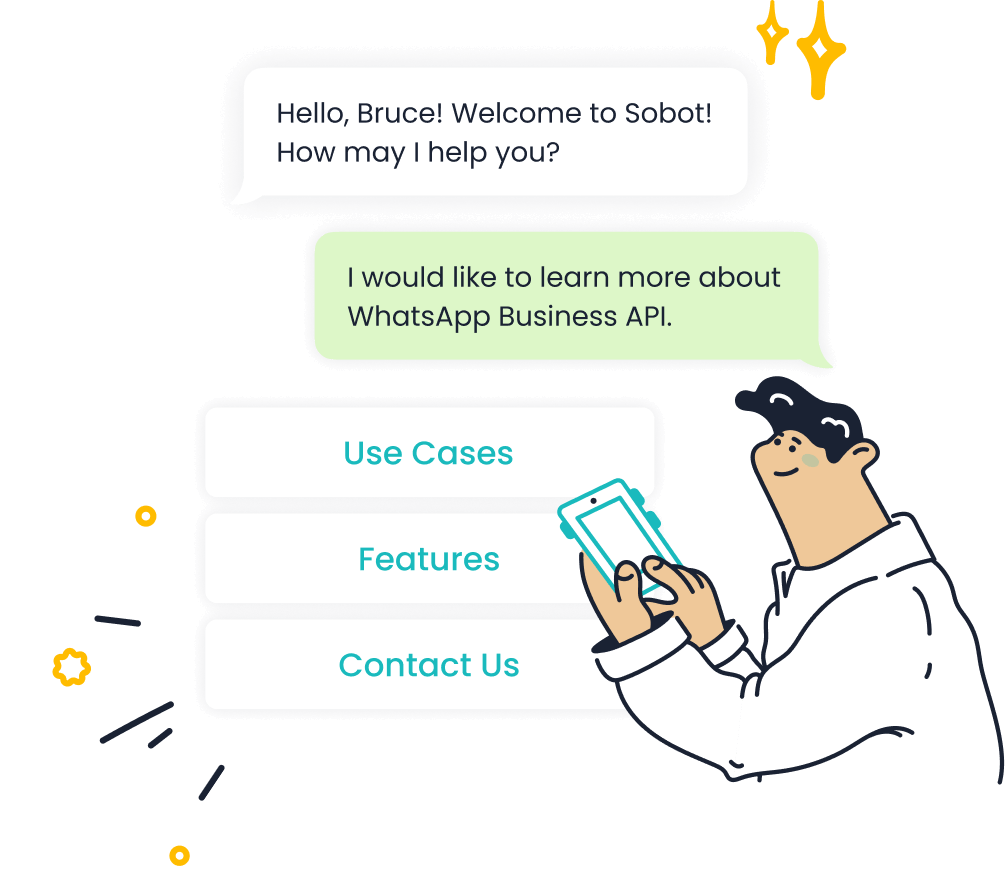
Sobot's WhatsApp Business API offers robust features to simplify bulk messaging while ensuring compliance. With this tool, you can send messages to thousands of users in just a few clicks. It also includes 24/7 chatbot support, which allows you to provide instant assistance to customers at any time. Additionally, smart chat routing ensures that inquiries reach the right team members, speeding up response times. These features not only help you scale your campaigns but also maintain compliance with WhatsApp's strict policies, reducing the risk of account bans.
How Sobot Enhances Personalization and Broadcasting Capabilities
Personalization plays a crucial role in engaging your audience. Sobot's API integrates seamlessly with CRM systems, enabling you to craft tailored messages for each recipient. For example, you can include customer names or reference past interactions to make your messages more relevant. The API also automates broadcast management, allowing you to handle multiple lists effortlessly. This ensures your campaigns remain impactful, even with WhatsApp's limits on the number of recipients per broadcast list.
Improving Quality Ratings and Compliance
Best Practices for Maintaining High-Quality Ratings
Your quality rating directly impacts your ability to send messages. To maintain a high rating, focus on sending relevant and engaging content. Always target opt-in recipients who have explicitly agreed to receive your messages. Avoid spamming users with unsolicited content, as this can trigger spam detection mechanisms. Tools like Sobot's WhatsApp Business API help you monitor user feedback and adjust your campaigns to keep your rating high.
Ensuring Compliance with WhatsApp's Policies
Compliance is non-negotiable when using WhatsApp for business. Start by obtaining valid opt-in consent from your audience through clear and transparent methods, such as sign-up forms or checkboxes. Review WhatsApp's Business Policy regularly to ensure your campaigns align with their guidelines. Using Sobot's API, you can automate compliance checks, minimizing the risk of restricted access or penalties.
Optimizing Message Content and Timing
Crafting Engaging and Compliant Messages
The content of your messages matters. Keep your tone conversational and your information concise. Avoid using misleading or prohibited content, as this can lead to approval delays or account issues. For example, instead of generic promotions, offer personalized discounts based on user preferences. Sobot's API provides data analytics to help you understand your audience better, enabling you to craft messages that resonate.
Scheduling Messages for Maximum Impact
Timing is everything in bulk messaging. Sending messages at the right time increases the likelihood of engagement. For instance, promotional messages sent during peak shopping hours often yield better results. Sobot's API includes scheduling features that allow you to plan your campaigns for optimal impact. This ensures your messages reach your audience when they’re most likely to respond.
By adopting these practical solutions, you can overcome the challenges of WhatsApp bulk messaging effectively. Tools like Sobot's WhatsApp Business API not only enhance your messaging capabilities but also ensure compliance and personalization. With the right strategies, you can maximize the potential of WhatsApp as a communication platform while maintaining meaningful connections with your audience.
WhatsApp bulk messaging offers immense potential for businesses to connect with their audience, but its limitations can pose challenges. Understanding these limits, such as compliance requirements and broadcasting constraints, is essential for crafting effective campaigns. By using tools like Sobot's WhatsApp Business API, you can overcome these hurdles. This API enhances scalability, ensures compliance, and personalizes your messages, helping you engage your audience more effectively. With the right strategies and tools, WhatsApp becomes a powerful platform for meaningful customer interactions and long-term engagement.
FAQ
What is WhatsApp Bulk Messaging?
WhatsApp bulk messaging allows you to send messages to multiple recipients at once. It’s one of the most powerful features for businesses aiming to engage their audience efficiently. However, to get the best results, you need to follow best practices like obtaining recipient consent and crafting relevant messages. Tools like Sobot's WhatsApp Business API make this process seamless by automating bulk messaging and ensuring compliance.
How Many Recipients Can I Add to a Broadcast List?
WhatsApp limits each broadcast list to 256 recipients. This restriction ensures users don’t feel overwhelmed by excessive messages. If your audience exceeds this number, you can create multiple lists. Using Sobot's WhatsApp Business API, you can manage these lists effortlessly and even automate broadcasts to save time.
Do Recipients Need to Save My Number to Receive Messages?
Yes, recipients must save your number to receive broadcast messages. This requirement ensures that users willingly engage with your business. To encourage them, you can run opt-in campaigns or offer incentives. With Sobot's API, you can track user engagement and optimize your strategy to reach more people effectively.
What Happens If I Send Messages Without Consent?
Sending messages without explicit consent can lead to serious consequences. WhatsApp may flag your account for spam, restrict your messaging limits, or even ban your account. Always ensure your recipients have opted in to receive your messages. Tools like Sobot's WhatsApp Business API help you manage and track consent, keeping your campaigns compliant.
How Can I Increase My Messaging Limits on WhatsApp?
WhatsApp uses a tiered system for messaging limits. New accounts start with a lower limit, such as 1,000 messages per day. As you maintain high-quality interactions and gain user trust, WhatsApp gradually increases your limit. By using Sobot's API, you can monitor your quality rating and ensure your account meets the criteria for higher limits.
What Is a Quality Rating, and Why Does It Matter?
A quality rating reflects how users perceive your messages. High ratings allow you to maintain or increase your messaging capacity, while low ratings can lead to restrictions. To keep your rating high, focus on sending engaging and relevant content. Sobot's WhatsApp Business API provides tools to analyze user feedback and improve your campaigns.
Can I Personalize Messages in Bulk Messaging?
Yes, but WhatsApp’s native features for personalization are limited. For example, you can’t dynamically insert user-specific details like names or order numbers. However, Sobot's API integrates with CRM systems, enabling you to craft personalized messages that resonate with your audience and drive better engagement.
Are There Regional Differences in WhatsApp Messaging Rules?
Yes, some regions impose stricter regulations on bulk messaging to protect users from spam. For instance, certain countries may have lower message caps or additional compliance requirements. Sobot's WhatsApp Business API simplifies this by automating compliance checks and adapting your campaigns to meet regional standards.
How Can I Avoid Getting My Account Flagged?
To avoid being flagged, always follow WhatsApp’s policies. Send messages only to opt-in recipients, avoid prohibited content, and respect messaging limits. If your account gets flagged, act quickly to identify and resolve the issue. Using Sobot's API, you can automate compliance checks and reduce the risk of violations.
What Makes Sobot's WhatsApp Business API Different?
Sobot's WhatsApp Business API stands out for its robust features like bulk messaging, 24/7 chatbot support, and smart chat routing. It also integrates with CRM systems for enhanced personalization and offers tools to monitor compliance and quality ratings. These features make it an ideal solution for businesses looking to scale their communication while staying compliant. You can learn more about it here.
See Also
Setting Up Batch Messaging For Your WhatsApp Business
Easily Integrate WhatsApp On Your Website Today
Top Strategies For Integrating WhatsApp On Your Site